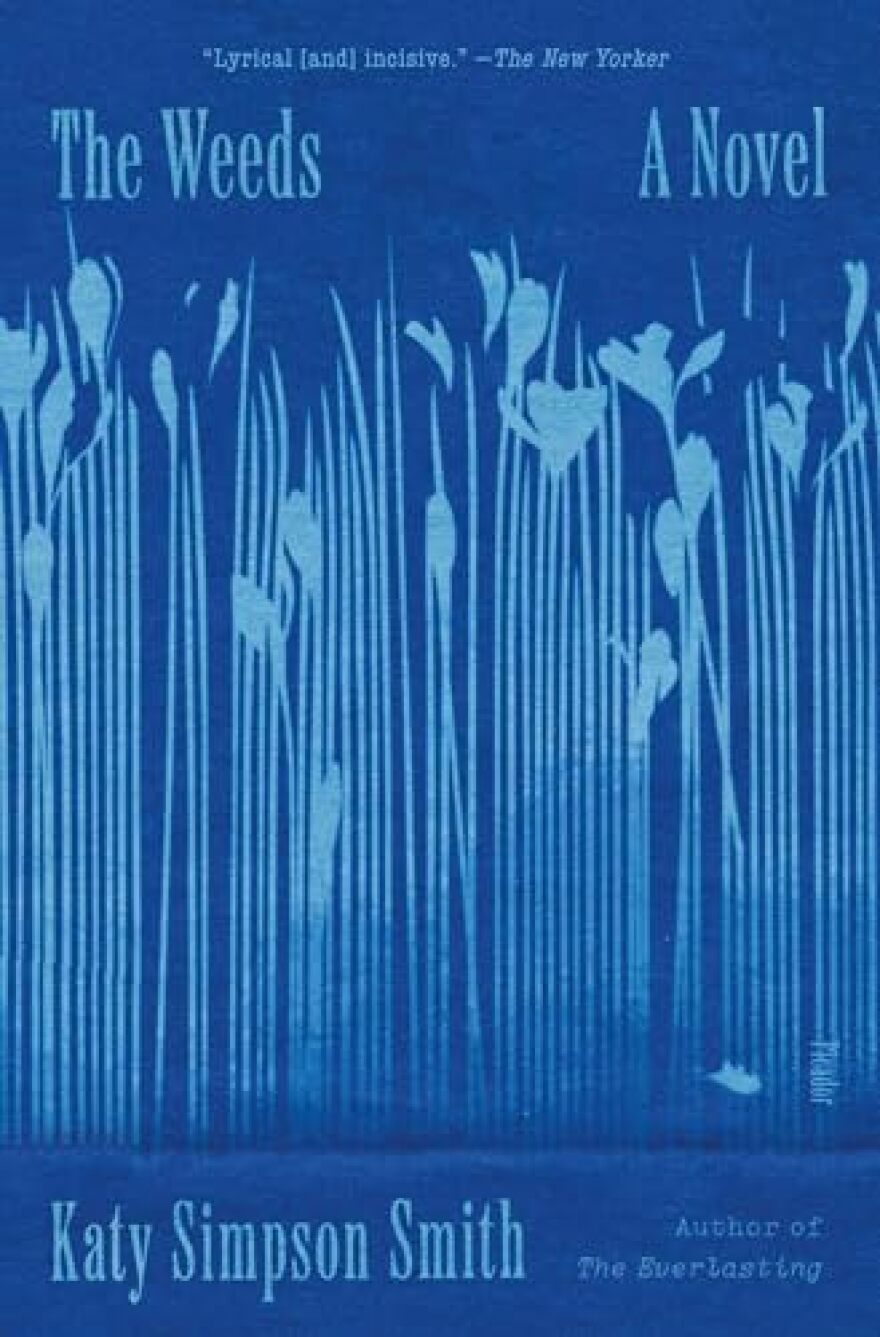Katy Smith, originally of Jackson, Mississippi, is quickly generating an impressive and important career. Smith has a PhD in history from UNC-Chapel Hill and her earliest works, fiction and nonfiction, have a strong historical element.
“We Have Raised All of You: Motherhood in the South 1750-1885” is a study of the role of mothers, black, white and native American. “Free Men” tells of an escaped slave, an Indian and a distressed young white man who commit a terrible crime and are pursued, in Alabama, by a French bounty hunter named Le Clerc. Again there is a mixed cast of characters, in the American South. “The Everlasting” is a historical novel as is “The Story of Land and Sea,” set in Beaufort, North Caroliina, at the end of the American Revolution.
“The Weeds” might be called half-historical. In this highly constructed novel, the chapters more or less alternate between 1854 and the present. The action takes place almost entirely in the Roman Colosseum, where we see two young women, research assistants, on their knees, cataloging plants, ALL the plants. Each little chapter begins with the Latin description, common name, genus, species, etc. They are, in a sense, weeds, but we know a weed is only a plant growing in the wrong place.
The nineteenth-century woman is distraught, heartbroken. Her lover has married a man and sailed off, and her father is pushing her to accept the advances of another man. She will catalog 420 species, the list turned over to a man, a botanist, who will interpret the raw findings. Jumping to the present we see another young woman, a graduate student, whose job is to do the same job and ascertain if all the nineteenth-century plants are still there. And are there any new ones? She will likewise turn over her findings a to a professional botanist, a man, who treats her as essentially a mindless laborer. He will interpret these findings and write the scholarly paper and not put her name on it.
This narrator is frustrated, angry, thwarted. She wants to return to her native Jackson, Mississippi and do the same job as her dissertation, cataloging the coliseum there. The director pooh-poohs this. Who cares about Jackson, Mississippi? Both these men are awful. All the men in this novel are awful. Some are actively violent and abusive, rapists, even. Others are arrogant, convention-bound and obtuse. All are misogynists.
Besides the two women’s stories we learn a great deal of botany, much of which is cunningly metaphorical and illuminating. Some plants do best in sunshine, some in shade. Some like rich soil; others thrive in wasteland. Different plants have various powers or applications. Some are deadly, of course, while others promote healing, stop bleeding. Some can be used in brooms, roofs, a myriad of practical crafty ways. Plants are us.



